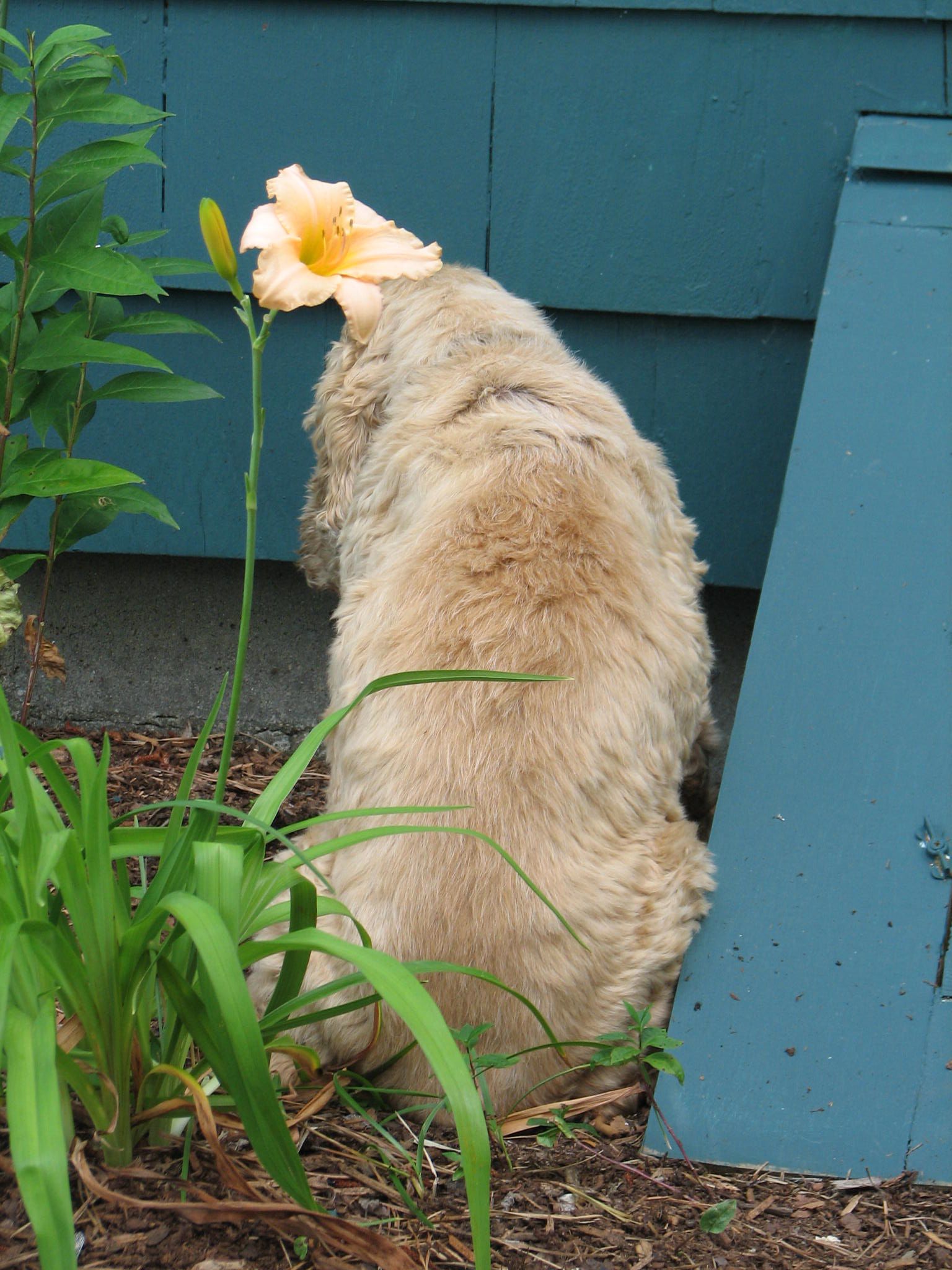 How would you justify going to a surgeon who claimed to be really good at cutting out tumors but had flunked out of classes on physiology and biology? Maybe some of their patients survived the surgery and went on to live full lives without a tumor, but what about the others? What about that nerve bundle that the surgeon nicked because they didn’t realize how important it was to walking? Or that the tests ordered prior to surgery were read incorrectly and the wrong blood type was requested? If someone was desperate and grasping at straws I could understand how they might use this surgeon. But how does that surgeon explain putting themselves out there as a professional?
How would you justify going to a surgeon who claimed to be really good at cutting out tumors but had flunked out of classes on physiology and biology? Maybe some of their patients survived the surgery and went on to live full lives without a tumor, but what about the others? What about that nerve bundle that the surgeon nicked because they didn’t realize how important it was to walking? Or that the tests ordered prior to surgery were read incorrectly and the wrong blood type was requested? If someone was desperate and grasping at straws I could understand how they might use this surgeon. But how does that surgeon explain putting themselves out there as a professional?
At a seminar I was attending a young trainer described how she explains to potential clients how she trains dogs. It was along the lines of; All dogs are different and I do whatever works. It’s a statement I could even make about myself. I had the opportunity to watch this trainer handle a rambunctious, young, male, Labrador Retriever. She had been unable to provide a rate of reinforcement that was high enough to get the behavior she wanted from the dog. She was also unable to explain to the owners how to do this and instead the dog wore a shock collar and was subjected to repeated collar corrections in order to get him to ‘calm down’. I realized that she wasn’t doing what worked, she was doing what she could do.
I understand how challenging high energy dogs can be, but I was stunned. The foundation reward-based trainers build with a dog is finding rewards that are reinforcing enough to the dog they will repeat behaviors to get them. Sometimes this can take some exploring, but with a lab? A lab!? Labs are the poster children for food and play as reinforcers.
Unless you have the skills to teach behaviors without inflicting pain, yelling, or threatening a dog, with a level of proficiency that demonstrates knowledge of how the various types & schedules of reinforcement get behavior, you have no business, as a professional, resorting to punishment as a solution to a behavior challenge. Even if you can demonstrate that skill and knowledge you should also be able to identify the potential risks and fallout of using punishment, should you decide to use it, so you are prepared to identify them should they occur. Knowing how to punish a dog to stop behaviors is not enough, you should be well versed in all the reasons why you shouldn’t.





